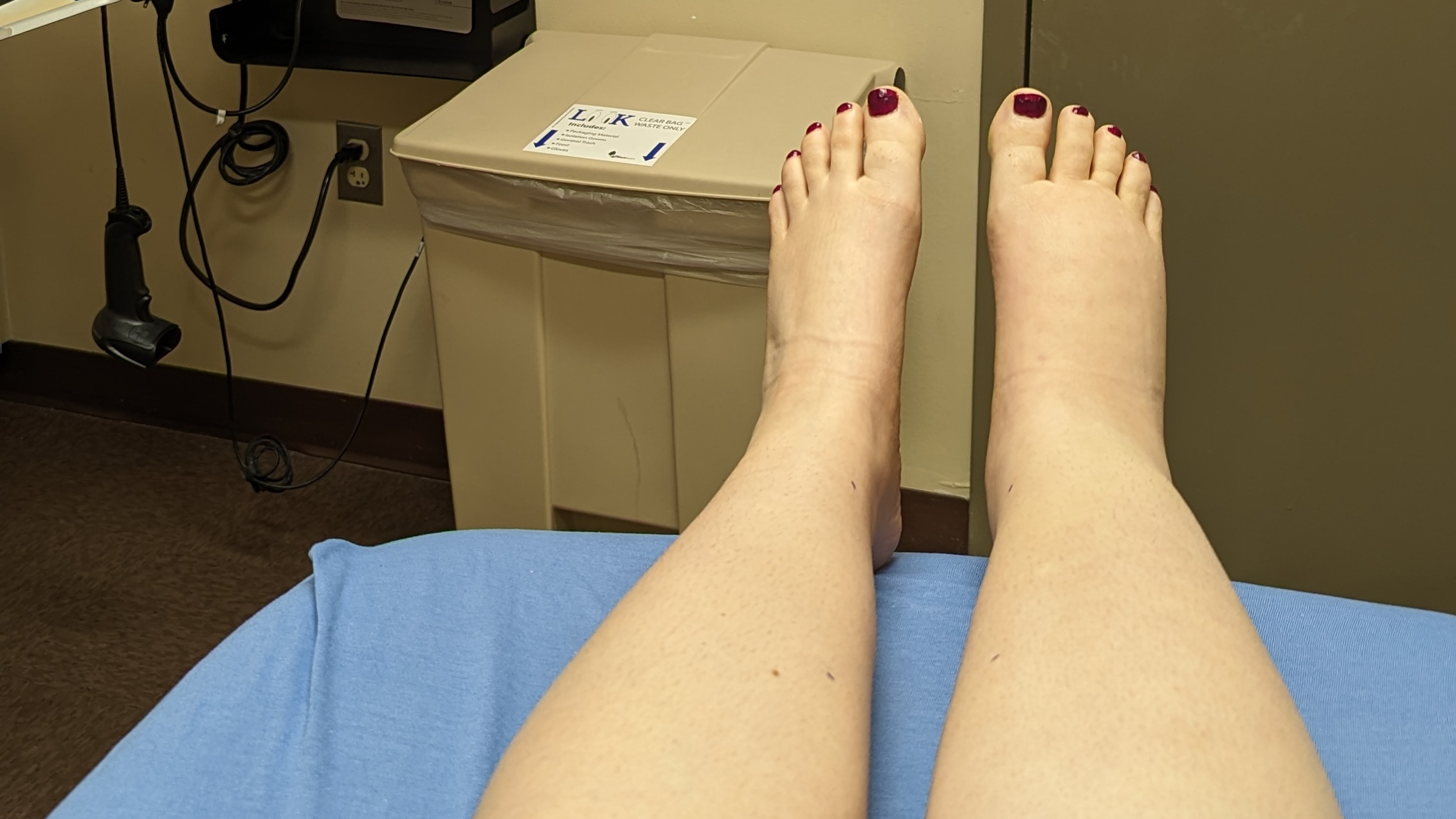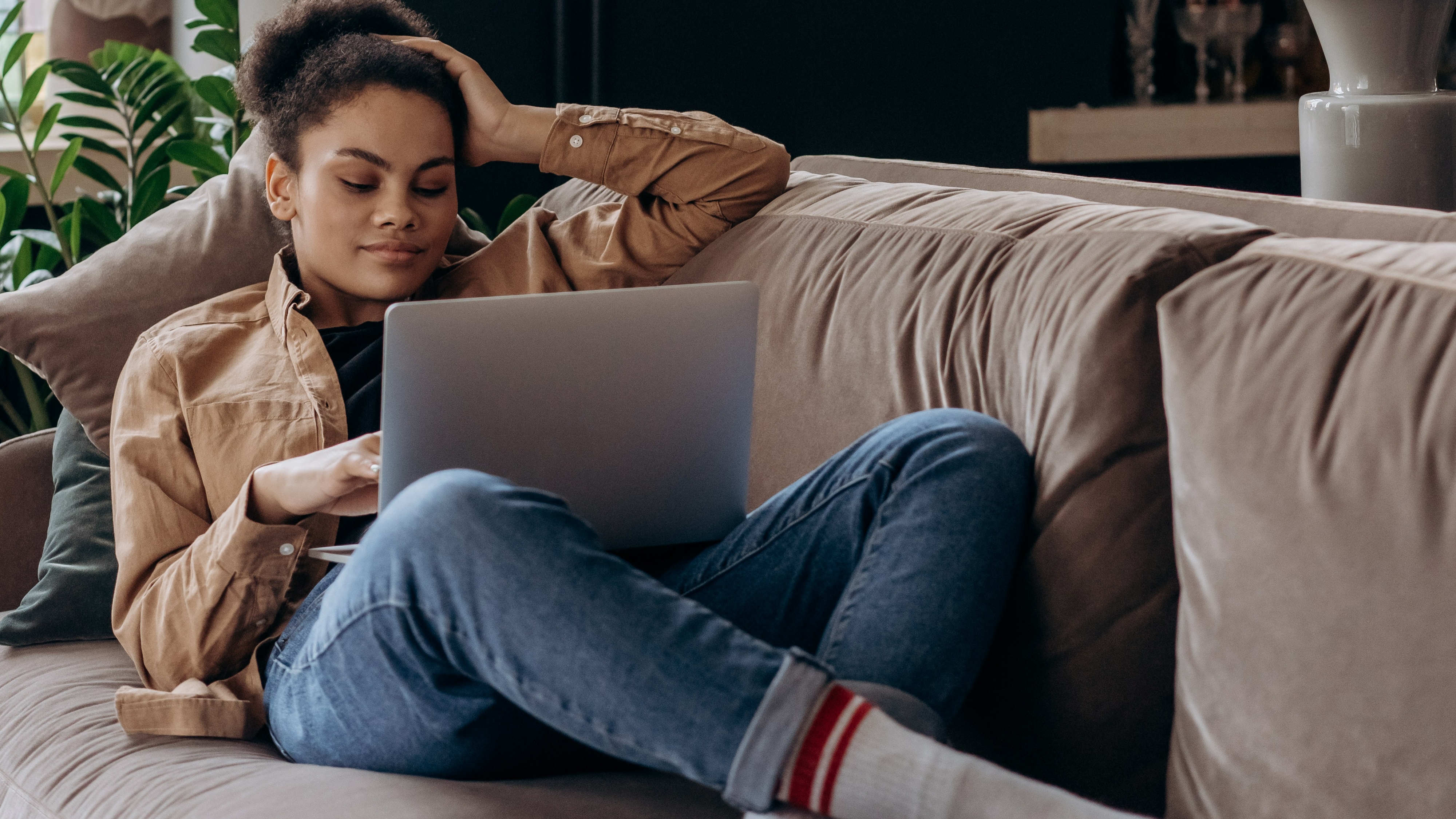 Last Friday was World Health Day and the launch of the latest campaign from the World Health Organization (WHO).
Last Friday was World Health Day and the launch of the latest campaign from the World Health Organization (WHO).
The year-long global campaign, called “Depression: Let’s Talk,” is focused on destigmatizing depression through increased awareness and investment in mental health initiatives. They aim to make it so those with depression can not only feel comfortable in seeking the help they need, but have access to that help, too.
According to the latest WHO estimates, more than 300 million people are now living with depression — an increase of more than 18% between 2005 and 2015.
As people living with a physically-manifested condition like lymphedema that’s both chronic and oftentimes progressive — and with the burden of care relying so heavily upon us as patients — we are especially susceptible to depression and feelings of isolation.
It’s important, then, that in managing and treating our physical health, we are mindful not to neglect our emotional and mental health in the process.
“Lymphedema was my scapegoat”
Many of us are no strangers to depression and anxiety, and living with lymphedema can sometimes exacerbate those feelings. I know, because it did for me.
Please keep in mind that I’m speaking from my personal experience here. What I went through or what helped me through it may not necessarily apply to your own experiences, and I am not attempting to advise anyone’s treatment. My only hope is that, in sharing part of my story, it can help remove some of the stigma surrounding mental health and lymphedema.
For over a decade, I struggled with depression and anxiety, as well as eating disorders, body dysmorphia, and substance abuse. There were a number of contributing factors at play, but the lymphedema diagnosis was like a fan to the flame: I felt as though my own body was acting beyond my control, and my lymphedema seemed like a betrayal.
Amidst the emotional chaos, my lymphedema became an easy scapegoat. I grew resentful of my lymphie leg and blamed it for what I was going through: if only I didn’t have lymphedema, if only my leg were normal, I would be so much happier if… if… if…
Caught up in my self-destruction, I became apathetic about my lymphedema treatment. Acting out of spite towards my leg, I didn’t do my manual lymphatic drainage routine, and I stopped wearing my compression. That, of course, made the swelling worse, which then made my depression and body image worse… It was a vicious cycle of self-sabotage, one that seemed impossible to break from.
Learning to love my leg
With the support of my family and friends, I was eventually able to get the help I needed. It’s taken a lot of work over the years but it’s been well worth it, as I’ve gotten some clarity and, most importantly, I’ve gotten my sense of self back. There’s still ups and downs, of course — like most people, I will always be a work in progress! — but I’m better equipped to manage them than I was before, and I’m no longer afraid to ask for a little help when I need it.
When I got my mental and emotional health on track, my physical health soon followed. Instead of resenting my leg, I recognized that it just needs a little extra help sometimes, kind of like I do. Once I reached that place of acceptance I became more forgiving and understanding of my body, and more willing to take care of it.
Today, I treat my lymphie leg with love: I paint my toes, I moisturize with lotions, I wear fun socks. I make sure to listen to my leg’s cues, so when it starts feeling extra heavy or tight, I know that means I need to sit down and elevate; if it feels dense, that means I need to do a quick round of manual lymphatic drainage. Staying compliant with my treatment routine has become a top priority, and as a result, my lymphedema is currently the most well-maintained that it’s ever been.
What’s really helped me keep a healthy mental and emotional state is anchoring myself in an activity that I can do purely for the enjoyment of doing it. For me, that’s been art. While in treatment I discovered I really responded to art therapy, and found it to be a fantastic way to process my emotions and feelings.
One of my favorite therapeutic art projects are altered books, which are collages made within the pages of an old book. I like it because it requires me to be thoughtful and intentional in placing the cutouts, which in turn teaches me to work through my feelings in a deliberate, more considered way. (The pictures above are of an altered book I made about five years ago, using therapy handouts and cutouts from old magazines.)
Art is just one of many options, though: you can write, you can go on a walk, you can pet your cat. You can meditate, dance, run… doesn’t matter! Whatever brings you joy and feeds your soul is worth doing, because in order to manage our lymphedema, we need to nourish ourselves; we cannot pour from an empty cup.
Reaching out to the lymphie community
Sometimes, the best way to cope is to simply reach out and talk to someone.
Living with lymphedema can feel incredibly isolating, as if no one could possibly understand what our lives are like. But there are people who can understand — and they’re peppered all across the globe, maybe even in your town! I’m talking about you all, of course: the incredible and resilient lymphedema community.
To avail yourself to the lymphie community, start local. Check around to see if there’s a support group in your area that you can join; if there aren’t any, consider starting one!
There’s a huge lymphedema community online, too: if you’re on Facebook, there are a number of private support groups (the UK spelling “lymphoedema” yields even more results!); there’s also a huge lymphie presence on Instagram and Twitter if you search lymphedema-related hashtags.
Blessedly, we as people living with lymphedema are not alone.
You are not alone.
Here are a couple posts on mental health topics from the Lymphie Life archives:
- Coping Mechanisms (2011)
- Wishful Thinking vs Acceptance (2012)
- Facing a Ticking Clock (2014)
- Today: take time to pause and ask yourself this one question! (2015)
- The Importance of Practicing Gratitude (2015)
- Chronic Positivity: Choosing to stay positive in the face of a chronic health condition (2016)
If you are experiencing feelings of hopelessness or depression, please reach out to a trusted love one or professional to talk. If you’re seeking professional help, the Anxiety and Depression Association of America offers a thorough list of resources on its website.












Leave a Reply to christinasmith840Cancel reply